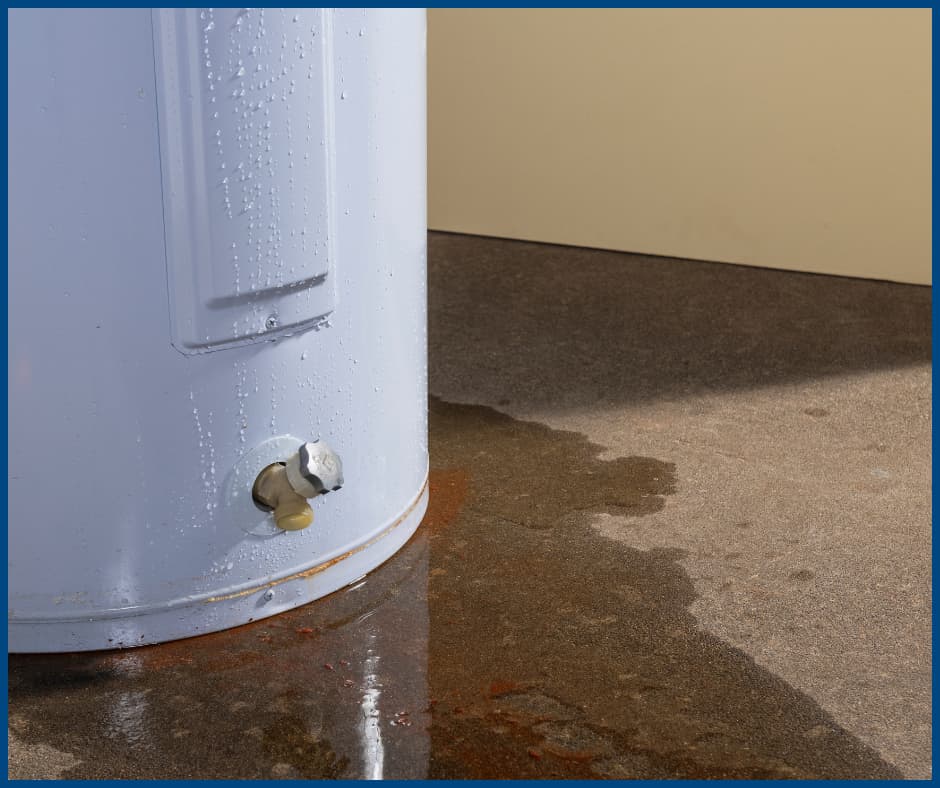Your water heater is one of the most important appliances in your home, ensuring you have hot water for showers, washing dishes, and laundry. But like any appliance, it won’t last forever. Recognizing the early signs your water heater needs repair can help prevent bigger issues, costly replacements, or unexpected cold showers.
Inconsistent Water Temperature
If your water temperature fluctuates from hot to cold without adjusting the settings, it could indicate a failing heating element, sediment buildup, or a malfunctioning thermostat.
Strange Noises Coming from the Tank
Banging, popping, or rumbling sounds often mean sediment has built up at the bottom of the tank. As water heats up, the sediment hardens, forcing the unit to work harder and reducing efficiency. Flushing the tank can sometimes resolve the issue, but in severe cases, repairs or replacement may be necessary.
Discolored or Rusty Water
If you notice rusty or brown water coming from your taps, it could be a sign that your water heater’s tank is corroding from the inside. This is especially concerning if you have a traditional steel water heater, as corrosion can eventually cause leaks.
Water Leaks Around the Heater
A small puddle or moisture near the base of your water heater is a sign of trouble. Leaks can result from loose connections, a failing pressure relief valve, or internal damage to the tank itself. Even a small leak can lead to bigger water damage issues if not addressed quickly.
Running Out of Hot Water Too Quickly
If you’re suddenly running out of hot water faster than usual, it could indicate a problem with the heating elements or excessive sediment buildup reducing your tank’s capacity.
An Unexplained Increase in Energy Bills
A sudden spike in energy costs may mean your water heater is no longer operating efficiently. Older units or those in need of repair have to work harder to heat water, using more energy in the process.
A Foul or Rotten Egg Smell
If your hot water has a sulfur-like smell, bacteria may be growing inside the tank. This can usually be fixed by flushing the tank and replacing the anode rod, but if the problem persists, it might be time for a new water heater.
Repair or Replace? When to Decide
If your water heater is relatively new, a repair may be a cost-effective option. If it’s older, replacement might be a better long-term solution, especially if you’re frequently experiencing issues. When repair costs approach the price of a new unit, investing in a replacement is often the best choice.
Final Thoughts
Ignoring the signs your water heater needs repair can lead to costly breakdowns and disruptions to your daily routine. Catching problems early ensures you have reliable hot water when you need it. If you’ve noticed any of these warning signs, it may be time to call a professional to determine whether repair or replacement is the best option.
